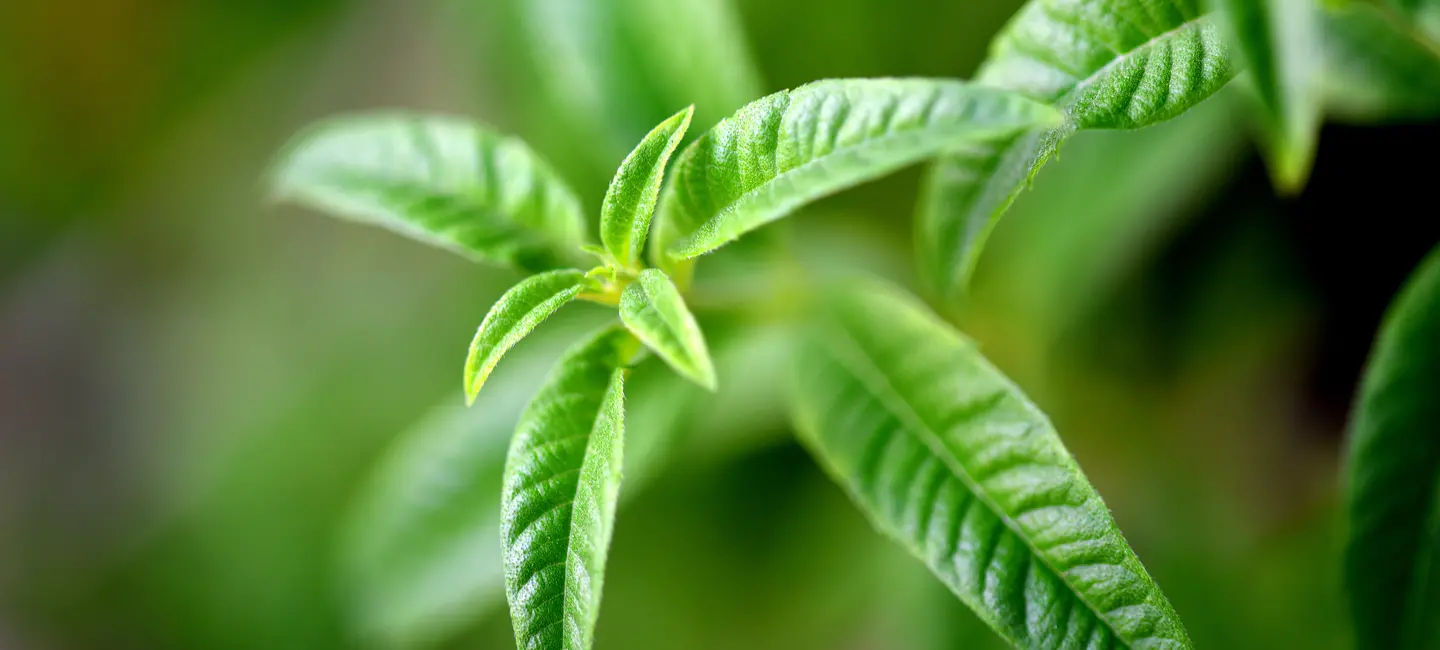
Lemon verbena (Aloysia citrodora) is a flowering shrub native to South America. Its leaves and flowering tops are used in foods, drinks, and medicine.
Lemon verbena contains chemicals that might reduce swelling. Essential oils made from lemon verbena contain chemicals that might kill mites and bacteria.
People use lemon verbena for muscle damage caused by exercise, insomnia, joint pain, multiple sclerosis (MS), and many other conditions, but there is no good scientific evidence to support these uses
Is It Effective?
There is interest in using lemon verbena for a number of purposes, but there isn't enough reliable information to say whether it might be helpful.
Is it Safe?
When taken by mouth: Lemon verbena is commonly consumed in foods. It is possibly safe when used in larger amounts as a medicine, short-term. It's usually well-tolerated.
When applied to the skin: There isn't enough reliable information to know if lemon verbena is safe. Some people might experience an itchy rash.
Special Precautions & Warnings:
Pregnancy and breast-feeding: There isn't enough reliable information to know if lemon verbena is safe to use when pregnant or breast-feeding. Stay on the safe side and avoid use.
Sedative medications (Benzodiazepines)
Interaction Rating=Moderate Be cautious with this combination.
Lemon verbena might cause sleepiness and drowsiness. Medications that cause sleepiness and drowsiness are called sedatives. Taking lemon verbena along with sedative medications might cause too much sleepiness and trouble breathing.
There are no known interactions with herbs and supplements.
There are no known interactions with foods.
Lemon verbena is commonly consumed in foods and drinks. As medicine, lemon verbena leaf extract and essential oil have most often been taken by mouth in adults. But there isn't enough reliable information to know what an appropriate dose might be. Speak with a healthcare provider before use.
Aloysia citrodora, Aloysia triphylla, Cedrón, Herb Louisa, Hierba Luisa, Lemon-Scented Verbena, Lippia citrodora, Lippia triphylla, Louisa, Verbena Citrodora, Verbena triphylla, Verveine Citronnée, Verveine Citronnelle, Verveine des Indes, Verveine du Chili, Verveine du Pérou, Verveine Odorante, Zappania citrodora.
Information on this website is for informational use only and is not intended to replace professional medical advice, diagnosis, or treatment. While evidence-based, it is not guaranteed to be error-free and is not intended to meet any particular user’s needs or requirements or to cover all possible uses, safety concerns, interactions, outcomes, or adverse effects. Always check with your doctor or other medical professional before making healthcare decisions (including taking any medication) and do not delay or disregard seeking medical advice or treatment based on any information displayed on this website.
© TRC Healthcare 2024. All rights reserved. Use and/or distribution is permitted only pursuant to a valid license or other permission from TRC Healthcare.
